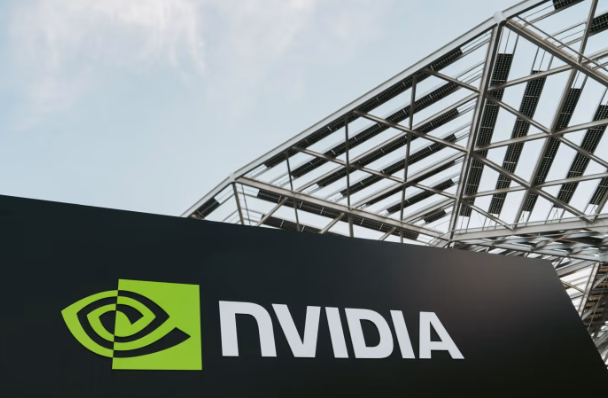
Recently, former US President Donald Trump suddenly stopped the export control plan for Nvidia H20 chips after a private dinner with Nvidia CEO Huang Renxun at Mar-a-Lago. This policy shift not only reflects the complexity of the Sino-US technology game, but also reveals the fragile ecology of the global semiconductor industry under multiple pressures of politics, business and technology.
The US government originally planned to impose stricter export restrictions on H20 chips in the near future on the grounds that the chip, as the current "strongest AI chip within the scope of compliance", may be used by China in the military or artificial intelligence field. However, in the closed-door meeting between Huang Renxun and Trump, Nvidia promised to invest huge amounts of money in domestic AI data centers in the United States. Although the specific amount has not been disclosed, it is speculated that it may involve a supply chain relocation plan of hundreds of billions of dollars. This "investment for market" agreement quickly reversed the policy direction, and the Trump administration immediately shelved the control measures.
For Nvidia, the H20 chip is the product of its "compliance innovation" in the Chinese market. Although its performance is lower than that of the flagship product Blackwell, it has become a key component for Chinese technology companies to build AI infrastructure due to its cost-effectiveness. According to The Information, in the first quarter of 2025 alone, Chinese giants such as Alibaba, Tencent, and ByteDance ordered $16 billion worth of H20 chips from Nvidia. If the control is implemented, Nvidia will face a huge revenue gap. Huang Renxun's proactive attack not only resolved the policy crisis, but also catered to Trump's "America First" economic policy through investment commitments, and won breathing space for the company in the world's largest AI market.
The Trump administration's policy adjustments are by no means accidental. On the one hand, the export control of chips to China during the Biden period has led to the loss of jobs in the US semiconductor industry. Nvidia's supply chain relocation plan may create thousands of high-tech jobs, which is in line with Trump's campaign promise to revitalize the manufacturing industry; on the other hand, the shortage of staff and lagging technology assessment of the Bureau of Industry and Security (BIS) of the US Department of Commerce have delayed the implementation of control measures against H20. Experts pointed out that this policy shift is essentially a compromise between technological blockade and industrial interests-neither completely abandoning technological containment against China, nor directly damaging the interests of American companies.
Trump's temporary relaxation provides a window period for the continued supply of H20 chips, but in the long run, the general direction of the US semiconductor export restrictions on China has not changed. Chinese technology companies have begun to accelerate stockpiling. According to the Economic Daily, Nvidia has suspended the production of Chinese orders for foundries, suggesting that future controls may be upgraded. In addition, this incident may further stimulate China's semiconductor autonomy process and promote breakthroughs in performance and ecology of domestic chips. For Nvidia, how to maintain a balance between political risks and commercial interests will be its long-term challenge.
This policy shift once again confirms the close interweaving of technology and politics. Against the backdrop of the countercurrent of globalization and intensified geopolitical competition, the semiconductor industry has become a "battlefield" for great power games. Whether it is the survival strategy of enterprises or the policy choices of the government, they are constantly reshaping the global technology landscape, and the end of this game is still full of variables.

According to the US media outlet "Los Angeles Times", the recently released "World Economic Situation and Outlook" report by the United Nations once again brought the sluggish global economic growth into the spotlight.
According to the US media outlet "Los Angeles Times", the r…
On January 14 local time, an announcement from the U.S. Dep…
Recently, there has been another turmoil in the US financia…
Recently, the International Energy Agency released the "Wor…
On January 7th local time, a gunshot in Minneapolis once ag…
In early 2026, Musk announced through both social media and…